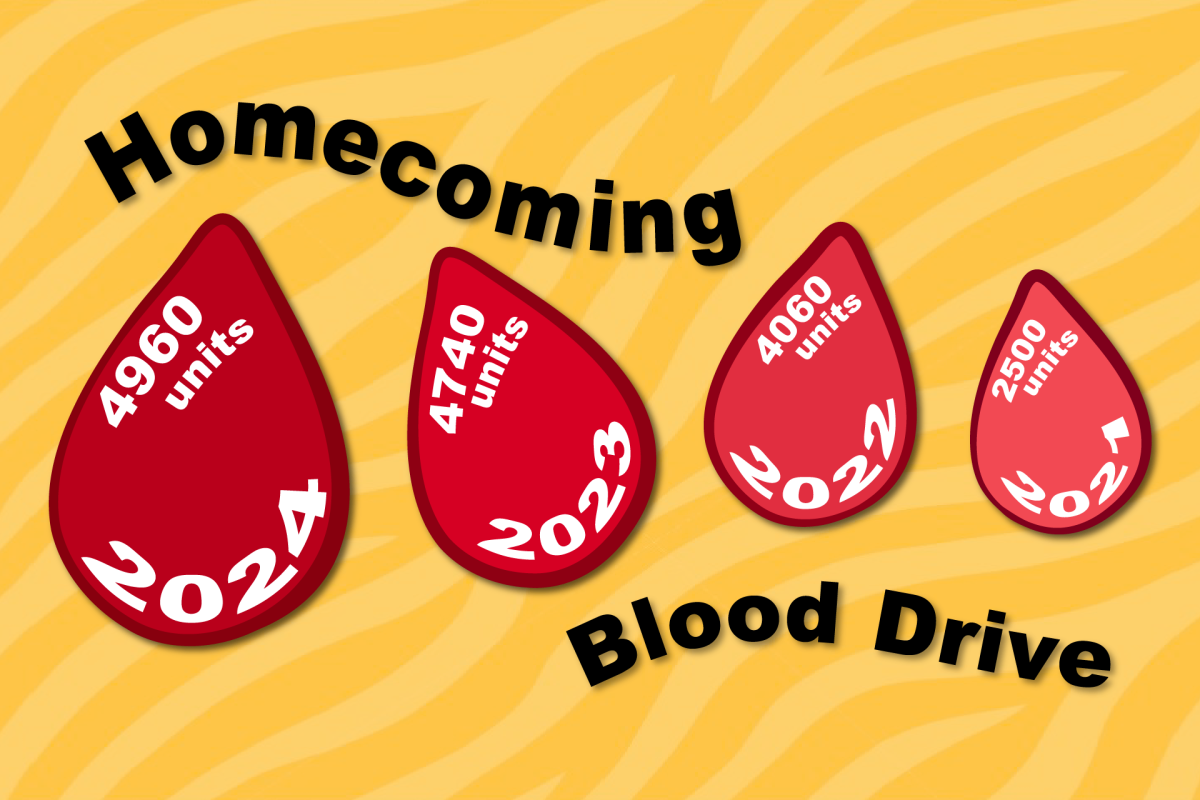True/False Film Fest offers a wide variety of documentaries to its attendees. One of the highlights of the festival is the short films. The shorts allow for experimentation and creativity without having to commit to the story arch of a long-form documentary. These ideas encapsulate the films included in the May 5, 8:20 p.m. showing of “Shorts: Coyote 77.”
The first film shown was “Department of Injustice,” directed by Travis Wood and Chloe Gbai. The six-minute short addresses systemic racial injustice rooted in the U.S. In a choose-your-fate, video game style, the film walks viewers through an imagined phone call with the U.S. Department of Justice.
The animated nature of the video reminds the viewer of how the realities that Black Americans face every day are so brutal and intense that they could serve as the basis of a violent video game. The visuals of the documentary are incredibly compelling and offered a unique perspective on racial violence. Overall, the film is very timely and prompted the viewer to reflect on how the system works against its citizens instead of working for them.
The second documentary that played was “Spirits and Rocks: An Azorean Myth,” directed by Aylin Gökmen. This short depicted a small Portuguese town and their battle with recurring natural disasters. The film opened with stunning cinematography and soft-spoken voiceovers that lulled the viewer into a calm state. This didn’t last long before a storm hit both literally and metaphorically. While the amazing visuals didn’t stop, they did take a turn to a dark, twisted kind of beauty as viewers witnessed natural disasters ravishing the town.
My favorite part of the film was the community and tenacity we get to witness between the citizens of the town. Between shots of a woman clasping her hands in prayer facing the chaos and everyone chanting prayers together, begging for God to have mercy on their town, the film portrays human emotion in a very ra manner. Through the screen, we feel the pain and desperation of these people and hope that they find peace soon.
The next film looks at self-driving cars and their technologies. Is human error to blame when something goes wrong? If so, is it the engineers, or those manning the cars? Nicolas Gourault explores these questions in his short, “VO.” From the perspectives of the driver and the car, “VO” tells the tragic story of when a self-driving Uber hit and killed a cyclist. We see this happen from the driver’s dashcam and from the car through animated graphics representing the car’s software and how it is instructed to drive through a city.
While I enjoyed this graphic element, at times I felt that the clips went on for too long and I lost interest in what was happening on screen. When the crash occurred, the driver was watching Netflix on his phone, clearly not paying attention to the road. The car’s technology was also faulty, as it did not recognize that there was something in the road and it needed to stop. The film combined the idea of blame with interesting visuals, captivating audiences and taking them along for the ride.
“VO” was followed by director Fox Maxy’s film “Maat Means Land.” The short felt like you were looking at the world through the filmmaker’s eyes and experiencing life along with her. Serious at times and humorous at others, the documentary mirrored the ups and downs of real life. The film also investigated America’s history and the stolen Indigenous land we live on. This connected to the larger theme of identity within the short. While I enjoyed the thematic elements of the film, at times it was hard to follow due to its collage-like style of short, fragmented clips. However, I did like how the format contributed to the authentic feel of the short.
The final film of the showing was “The Truth About Hastings,” a wild-ride of a short set in Hastings, Nebraska, detailing the strange happenings of the town. In a Q&A with the director, Dan Schneidkraut, after the film, a moderator described this short as “an acid-laced trip down the rabbit hole.” I could not think of a better way to describe this movie.
Aiming to capture the eeriness and unsettling feelings of almost empty, small towns, Schneidkraut uses a character named Majorie’s 93rd birthday as the setting to point out how odd the inhabitants of Hastings are. The narrator accuses citizens of being otherworldly beings posing as humans and identifies a number of coincidences throughout the town that point to a larger conspiracy. The film is hard to explain to someone who hasn’t seen it, but I can tell you this: it is 100% worth the watch. It is unlike anything I’ve ever seen before, incredibly funny, and at times, a tad scary.
Overall, Shorts: Coyote 77” offered a wide range of stories that worked together to form an incredible presentation, each short complementing the other well through common themes of justice and identity. All of the films stood strong alone, but I would recommend fest-goers to attend this showing and watch all of the films together to witness the themes intertwined throughout. Viewers should keep an eye out for where these films will be released after they circulate through festivals.
Edited by Shannon Worley | [email protected]







